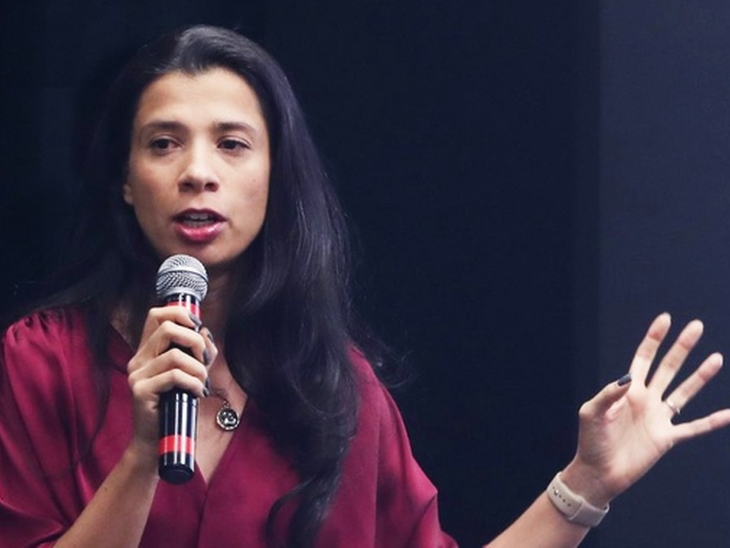
 Energy Transition
Energy Transition
T&B Petroleum/Press Office MME

The decarbonisation movement is the main driver of the global energy transition associated with the new digital technologies of industry 4.0 in energy systems. The information was provided by Agnes da Costa, special advisor on regulatory affairs at the Ministry of Mines and Energy (MME), when participating in a webinar promoted by Exame magazine, this Tuesday (5/25).
With the theme "Transição Energética e o Brasil — Os Melhores do ESG"("Energy Transition and Brazil - The Best of ESG"), the event also had the participation of former Minister of Finance, Joaquim Levy, and was moderated by Emilio Matsumura, executive director of Instituto E + Transição Energética .
The MME representative said that energy transitions are different in each country, as each has a different starting point. According to Agnes, the key word defended by Brazil regarding the movement of energy transitions is flexibility. According to her, each nation must choose the trajectory most appropriate to its reality, taking into account the competitive advantages and energy resources available to it. The objective is to decarbonize the energy sources at the lowest possible cost to society and achieve the result faster.
The starting point is quite different for Brazil, according to Agnes, because the country is extremely renewable in its energy matrix, with approximately 43% renewable. "This is largely due to biofuels in the transportation sector," she said. In the case of the electrical matrix, Brazil has 85% of production from clean sources, while in the rest of the world the figure is around 28%.
Agnes explained that Brazil starts from a different energy configuration, because throughout history it has made technological choices according to the resources available. She exemplified the electricity sector, with the National Interconnected System (SIN), which originated from the realization of the possibility of taking advantage of hydrological diversity in the country, with the development of hydroelectricity in hundreds of rivers spread across the country.
"Then, there was the development of hydroelectric plants along these hydrographic basins, all interconnected in a single system that today allows us to place generation in all corners. Whether wind or solar, wherever there is potential, we put it," said Agnes.
In the debate, Joaquim Levy highlighted the role played by electric mobility and also the effects of deforestation. "When thinking about the energy transition from an environmental perspective, what we will discover is that, unlike other countries, in Brazil, most greenhouse gas emissions do not happen in the economic sector, but in deforestation ", he warned.
Agnes pointed out that the energy transition will be the main theme taken by Brazil to the United Nations High Level Dialogue on energy, scheduled for September. "Everything we have encourages us to contribute to this agenda", she stressed, emphasizing that Brazil has solid institutions in the area of energy.
"We are going to take the issue of hydrogen to the UN from the perspective of knowledge generation, which includes mapping of what already exists in the country, but also potential future ones, including training for industry and academia. We understand that consolidation and transparency about the knowledge is relevant to attract investments ", said Agnes. "It is not the color of the hydrogen that matters, but that the hydrogen is clean, that it does not emit carbon," she said.
Contact us